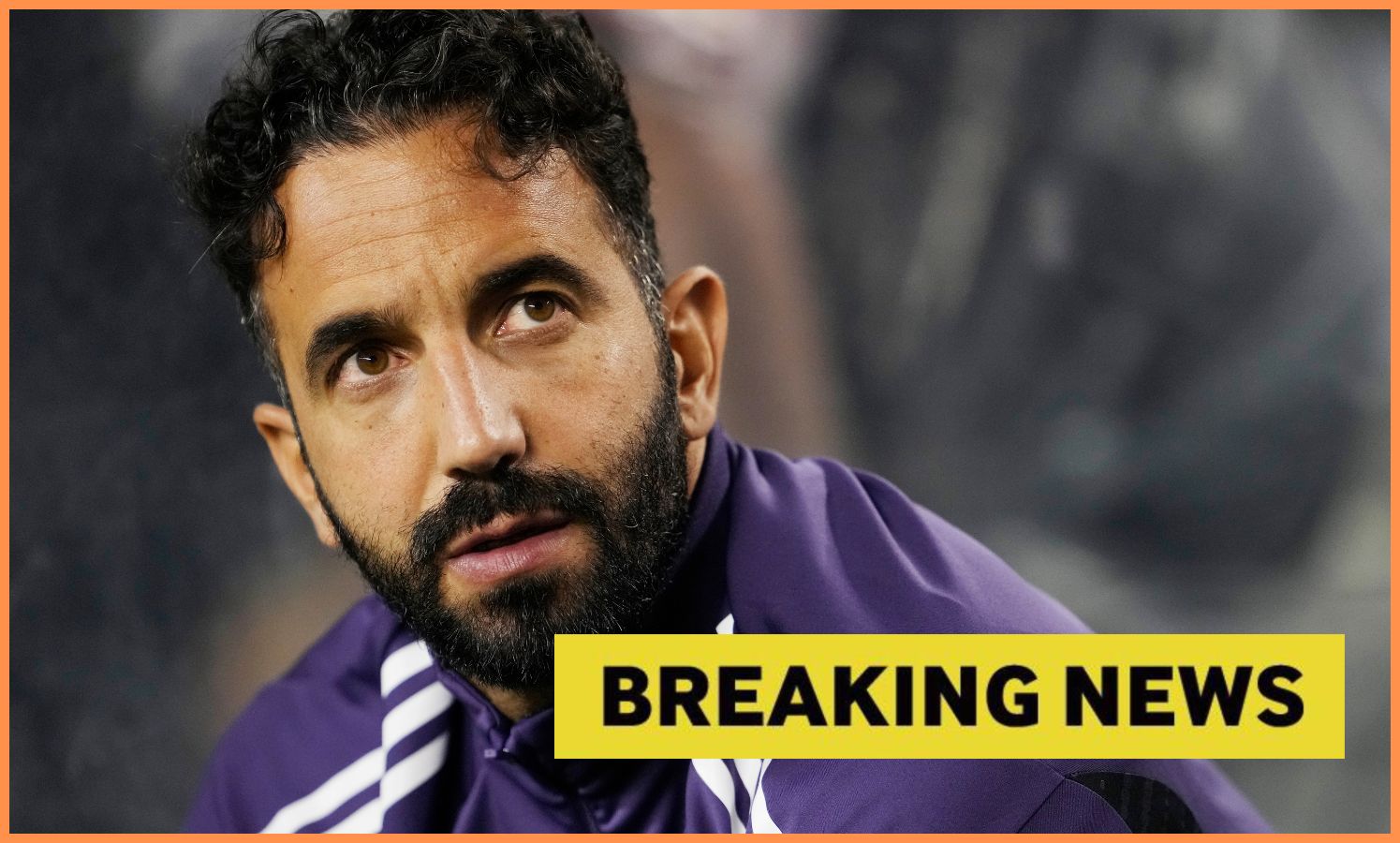[ad_1]
There’s a new wrinkle in the now-years-long antitrust lawsuit between U.S. Soccer and Relevent Sports. Late last year, the U.S. Soccer Federation appealed their case to the Supreme Court. In considering the case, the Supreme Court asked the Administration of President Joe Biden to contribute an amicus brief (a “friend-of-the-court” brief), outlining the administration’s position on the matter. The Administration’s response turned out to not be in U.S. Soccer’s favor.
It’s been a while, but I have actually covered some of U.S. Soccer’s antitrust woes in the past. That said, I’m not sure I’ve actually gone over this particular lawsuit, so it would be good to do a recap and to cover what has happened since the initial filing.
The original case is based on a conflict between a promoter, Relevant Sports, and U.S. Soccer. Relevant organizes a number of high profile friendlies in the United States. However, when they tried to organize a competitive match between two foreign clubs in the U.S., U.S. Soccer, citing FIFA regulations, denied them. In response, Relevant sued U.S. Soccer for ostensibly colluding with MSL in an illegal and anti-competitive manner in order to prevent competition against MLS.
Right at the outset, U.S. Soccer was actually able to have the case dismissed on the basis that it was not enough for U.S. Soccer and MLS to be associated with each other for a separate organization to accuse them of being anti-competitive. In front of the federal district court, U.S. Soccer successfully argued that, without more evidence, there wasn’t enough here for a case, and so the judge should issue what is known as Summary Judgement and dismiss the claim. Relevant challenged that dismissal at the 2nd Circuit Court of Appeals and successfully got the case reopened. It was now U.S. Soccer’s turn to appeal, this time to the Supreme Court. With the Court pondering over whether they should take the case or just let the circuit court’s decision stand, the Court asked for the President’s administration to give an opinion. And that brings us to the current situation.
The brief, written by the Department of Justice, argues that the case should proceed, determining that there’s enough of a relationship between U.S. Soccer and MLS to warrant further scrutiny for a case. Here’s some comments from Steven Bank, Law Professor from UCLA:
The DOJ’s interest in the Relevent case is in keeping the bar lower for pleading “concerted action” in a member association antitrust case. Dist Ct dismissed for failure to allege an agreement to agree, but App Ct. reversed, saying membership is enough w/ a binding ass’n rule. 1/ https://t.co/0uLeqaj4Jn
— Steven Bank (@ProfBank) March 19, 2024
The Sup Ct’s invite to the DOJ to opine could indicate that it will grant cert to resolve the issue, which has implications far beyond soccer, but it might depend upon whether it wants to draw a line between mere members and active participants and this is the case to do so 2/
— Steven Bank (@ProfBank) March 19, 2024
I have said from the beginning that this is the most serious of the antitrust cases brought against US Soccer. If successful, it could open the floodgates to int’l leagues scheduling matches in the US. 3/3
— Steven Bank (@ProfBank) March 19, 2024
As Professor Bank mentioned, what the DOJ’s true interest in this is in keeping options open for “concerted action” as it happens in antitrust cases. Under President Biden, there’s been a clear shift in priority where the DOJ is more interest in going after antitrust cases in general and making more expansive arguments for what qualifies as illegal anti-competitive behavior. Given that context, we can understand the DOJ’s brief as an attempt to push for a ruling that aligns with their own interests. And a Supreme Court case would potentially be a huge deal for antitrust law; there are exceedingly few cases that have made it all the way to the Court and that can mean that there’s a lot on the line.
While this obviously is huge for soccer in the United States, this doesn’t just put U.S. Soccer and MLS into a sticky bind. This could extend to just about any sports governing association, the Olympics and all the associated governing bodies for each of the sports, for example. That said, just because the DOJ gave their opinion doesn’t mean that the Supreme Court is going to follow it. They could decide anything. We will have to wait and see what comes of it.
[ad_2]
Source link
This website aggregates and curates news articles, blog posts, and other content from a variety of external sources. While we aim to link back to the original source, this site does not own or claim ownership of any articles, posts, or other content indexed on this site. The views, opinions, and factual statements expressed in each piece of aggregated content belong solely to its respective author and publisher. We make no representations or warranties regarding the accuracy or completeness of aggregated content. Visitors are advised to verify facts and claims through the original source before reuse or redistribution.



